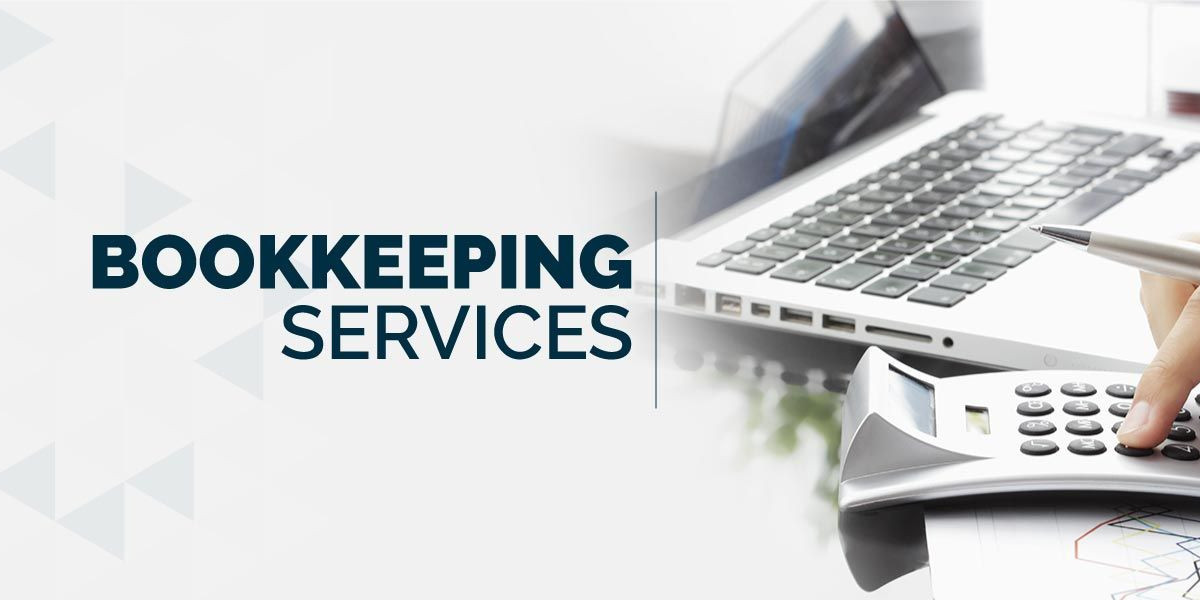One of the most remarkable developments in e-commerce accounting software is the integration of Artificial Intelligence (AI) and machine learning technologies. These features enable the software to automate numerous accounting tasks that were previously manual processes. For example, AI algorithms can now analyze transactions in real-time, categorize expenses, and even predict future cash flow patterns based on historical data. This predictive capability allows business owners to make informed decisions quickly, ensuring they have sufficient liquidity to cover costs or invest in growth opportunities.
Furthermore, the advent of cloud-based accounting solutions has driven a major shift in how businesses manage their finances. Unlike traditional desktop systems, cloud-based platforms provide real-time access to financial data from anywhere, enabling remote work and collaboration among teams. This is particularly beneficial for e-commerce businesses that often have staff spread across different locations. The cloud also facilitates automatic updates, ensuring that users always have access to the latest features and regulatory changes without the need for manual installations.
Another significant advance in accounting software for e-commerce is its ability to seamlessly integrate with various e-commerce platforms and payment gateways. For instance, top-tier accounting solutions now offer direct integrations with popular platforms such as Shopify, WooCommerce, and Amazon. This integration not only saves time but also minimizes errors that can arise from manual data entry, providing a single source of truth for financial information. With built-in reconciliation tools, e-commerce businesses can easily match their sales data with bank transactions, simplifying the end-of-month closing process.
Moreover, advanced reporting features present within modern e-commerce accounting software allow businesses to generate detailed reports with just a few clicks. Users can analyze sales trends, profit margins, inventory turnover, and customer purchasing behaviors, providing valuable insights to drive business strategies. Customizable dashboards further enhance this capability, allowing users to tailor the presentation of financial metrics that matter most to their specific business objectives.
Security is paramount in e-commerce, particularly when handling sensitive financial data. Advances in cybersecurity measures within accounting software, such as two-factor authentication and data encryption, ensure that e-commerce businesses can manage their finances with confidence, safeguarding against potential breaches.
Finally, the shift toward more user-friendly interfaces, often accompanied by mobile applications, caters to a broader audience—ranging from seasoned accountants to entrepreneurs new to financial management. By simplifying complex accounting tasks, these platforms empower businesses of all sizes to take control of their financial health without the steep learning curve typically associated with traditional accounting practices.
In summary, the evolution of best accounting software for ecommerce business software tailored for e-commerce is marked by significant advances in AI, cloud technology, seamless integrations, robust reporting, security measures, and user experience. These innovations not only simplify financial management but also empower businesses to scale effectively, make data-driven decisions, and ultimately thrive in the competitive e-commerce landscape.








